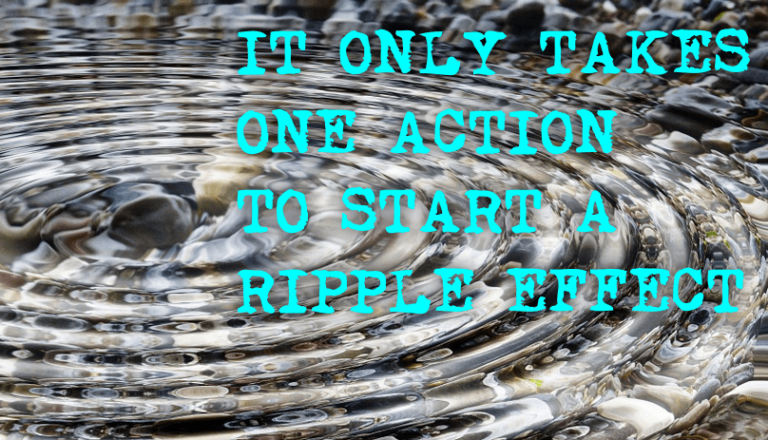

Tim Phillips
I love sharing my journey from being hopeless, to getting sober, to learning how to eventually be both sober and happy. to learning how to eventually be both sober and happy.

“Meeting makers make it”. That is what I was told when I attended my first meeting of alcoholics anonymous after I got out of rehab for my drinking. I was told the success stats from the big book quoting 50% of the people that really tried stayed sober and another 25% after some relapses. 75% is a great success rate, so I was excited to jump right in.
But it didn’t take long for me to see through observation those numbers did not match the numbers of the people I saw coming in and out of the doors. I noticed at birthday meetings that most people that got 30-day chips didn’t get a 60-day chip. The same went for 90 days, six months, and the annual chips.
I was told this was because they weren’t committed to the program. But I saw people that work the steps relapse, people that held service commitments relapse, people that actively sponsor people relapse, and I saw meeting makers not make it.
I managed to rack up some years of sobriety, but I was getting sicker. I won’t go into my whole story as you can read it here if you like. But from my time in AA and my many years studying addiction after, I have found a few core reasons why I believe 12 step programs do not work for most people:
It’s the same in meetings you go to. Although the steps will help you with many aspects of building a new life, the primary focus of meetings is the dangers of alcohol rather than focusing solely on achieving the life you want. And just like the tree in the river, you see many people that no matter how hard they paddle seem to always hit their obstacle.
Essentially, you are told that the world is full of danger and if you don’t constantly focus on avoiding that danger and commit to a life dedicated to the constant focus on that danger, that relapse is certain. No wonder so many people attending meetings are full of anxiety and eventually relapse. They were told they would, eventually believed it, and fulfilled the prophecy that was set for them.
I personally struggled with this and was told I could choose something like nature to be my higher power. I tried nature but all my adult life, I drank in nature. I drank when I camped, I drank when I hiked, I drank when I fished, I drank when I drove through the desert. And worse of all, alone with my thoughts in nature when I was struggling was never a good place to be in early sobriety. Next, I was told to use the group as my higher power. The problem with this is we are human and will disappoint each other. Even a group as a whole did many things that I struggled with and using a group of well-meaning drunks (no matter how good their intentions) as my inspiration to stay sober was challenging to say the least. Finally, after speaking of my struggles with finding a higher power, I was told “make the doorknob your higher power, because it would do a better job at running your life than you have”.
After many years I realized that despite not having a higher power, I have managed to not only stay sober but had begun building a life that I was proud of. Once I decided that I did in fact have the power to get and stay sober within me, I abandoned the search for a higher power and that is when my growth accelerated.
The big book does mention seeking outside help for “problems other than alcohol” but my experience is counseling is often talked down on in meetings. I lost count of how many times I have heard some version of “I tried therapy before I quit drinking. If it worked, I wouldn’t be here”. Extensive work with a therapist has been critical for my continued recovery. I drank the way I did because it was the only way I knew to deal with thoughts and emotions I was not capable of processing at the time. Only through learning healthy ways of addressing those issues, do I have a chance of a sober and happy life.
I am not discounting the help I got during my time at Alcoholics Anonymous. Much of the program was useful for me. I am also not trying to talk anyone who has found the type of recovery that they need in a 12-step program into leaving. If AA works for you, please keep going.
However, spend any time in the rooms and you will see that a large majority of people struggle to stay clean and sober including people that really work the program. The above five reasons are my personal observation from my time in AA and my experience after leaving. If you have tried a 12-step program and have struggled, or the idea of going to a meeting does not appeal to you, I just want you to know that there are other options.
Don’t give up on recovery, keep seeking until you find what works for you.

I love sharing my journey from being hopeless, to getting sober, to learning how to eventually be both sober and happy. to learning how to eventually be both sober and happy.




Join our mailing list to receive the latest news and updates from our team.






Copyright © 2023 by Sober and Happy. All rights reserved.

Join our mailing list to receive the latest news and updates from our team.